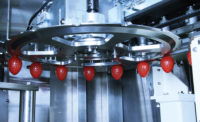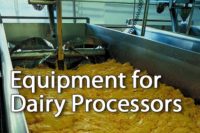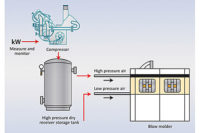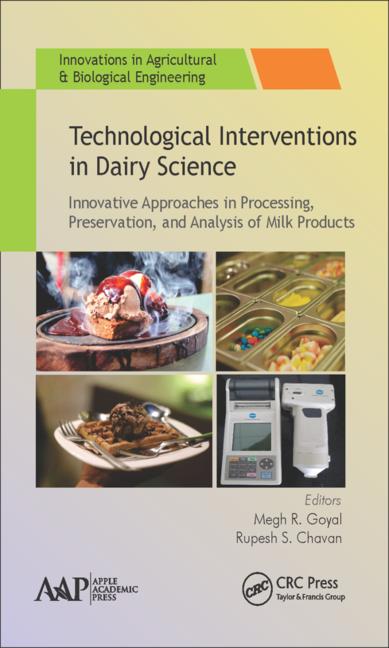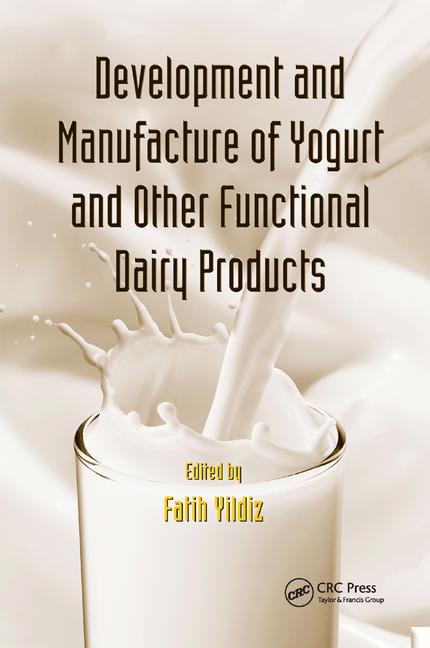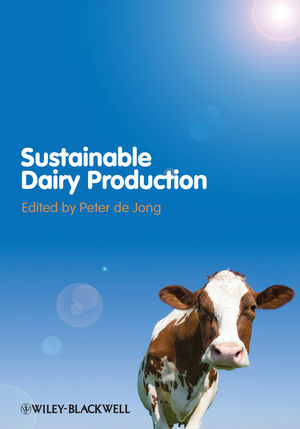Take a holistic view of blow-molding
Dairy processors should look at more than the equipment itself. Suppliers can provide guidance on package design, testing, marketing and continuous improvement.








A U.S. dairy processor that had been blow-molding containers for drinkable yogurts decided to source them from a custom molder. But the drinks proved to be so popular, that the supply chain was stressed. The processor returned to in-house blow-molding of the 7-ounce and 32-ounce containers.
The processor’s partnership with Uniloy, Tecumseh, Mich., helped to make the transition smooth and rapid. Uniloy provides machines, molds and services to support dairy processors in nearly all facets of packaging operations.
The dairy processor used two new Uniloy UR Series intermittent extrusion reciprocating screw machines.
•
A UR100-N2N machine system was configured to handle the 7-ounce container. This system has a neck-to-neck configuration to double output from a single machine. The 32-cavity machine can run the 15-gram bottles at up to 16,500 containers per hour.
•
The 32-ounce container is manufactured on a UR65-6 machine. This 6-head system produces the 50-gram containers at 2,400 units per hour.
According to Uniloy, the processor saw “significant” per-container cost reductions, better inventory control and flexibility, optimized usage of shop floor space, and better finished container quality.
Sidel, Norcross, Ga., is another supplier of blow-molding equipment. John Holloway, the business development manager for sensitive products, said there are five “key packaging drivers” during the package design phase:
1. Marketability
2. Profitability
3. Great Image
4. Quality & Safety
5. Sustainability
Sidel offers a turn-key package design solution that includes all these steps, from the conceptual phase to supplying state-of-the-art blow-molding equipment.
Rocheleau Tool and Die Co., Fitchburg, Mass., expanded its reciprocating screw blow-molding machine line. The company offers the option of a small footprint for gallons (2-cavity to 4-cavity) and half-gallons (2-cavity to 6-cavity).
This equipment is effective for customers who need incremental production, but do not have room for larger machinery, or cannot upgrade to larger machinery easily, said company president Steven Rocheleau. He said that adding a small cavitation machine to handle the supplemental production can be an effective way to cover production. The small machine footprint with integrated deflash and leak test allows the machine to be squeezed into places larger machines simply don’t fit.
The new HS Series from Graham Engineering Corp., York, Pa., is a new line of wheel machines with two-ton clamping stations. The equipment is designed to process lightweight bottles for dairy, juice or yogurt at speeds of up to 12 RPM.
Graham also sells a G-Series 6-ton high-speed rotary wheel line. This series features two sizes of machines, with a wider range of 12 to 26 clamping stations. A key feature is greater flexibility for the dairy processor. By changing out a few parts, processors can add or reduce clamp stations; thus cavitation or mold sizes are adjustable if the product mix changes over time.
David Yenor, vice president of business development, said that a few years ago, the company started to focus its R&D efforts on improving its approach to manufacturing rotary systems.
“The result is that we have developed significant advancements in our approach to the wheel construction, especially in the flexibility to modify the number of machine clamping stations if a configuration change is desired in the future,” Yenor said.
Besides offering equipment, suppliers offer knowledge. For example, the dairy processor mentioned at the beginning of this article turned to Uniloy training, research and development (R&D), and advanced testing capabilities. Uniloy offers these services under the umbrella, Uniloy University.
As a result of Uniloy’s unit cavity production capabilities in the dedicated R&D lab, the dairy processor ran trials on the 7-ounce and 32-ounce containers to ensure the finished products would meet performance, cost and aesthetic goals, said Dave Skala, Uniloy VP and General Manager. This capability helped enable a smooth transition to in-house production without interrupting delivery commitments.
The University includes an R&D lab, fully equipped classrooms and hands-on space featuring two Uniloy intermittent extrusion reciprocating screw machines for R&D and prototype applications.
“Our concept is very similar to that of a traditional University — with a balance of education and research to advance the industry. We’ve offered operator training for decades, but Uniloy University takes this commitment to a whole new level,” Skala said.
Looking for a reprint of this article?
From high-res PDFs to custom plaques, order your copy today!





